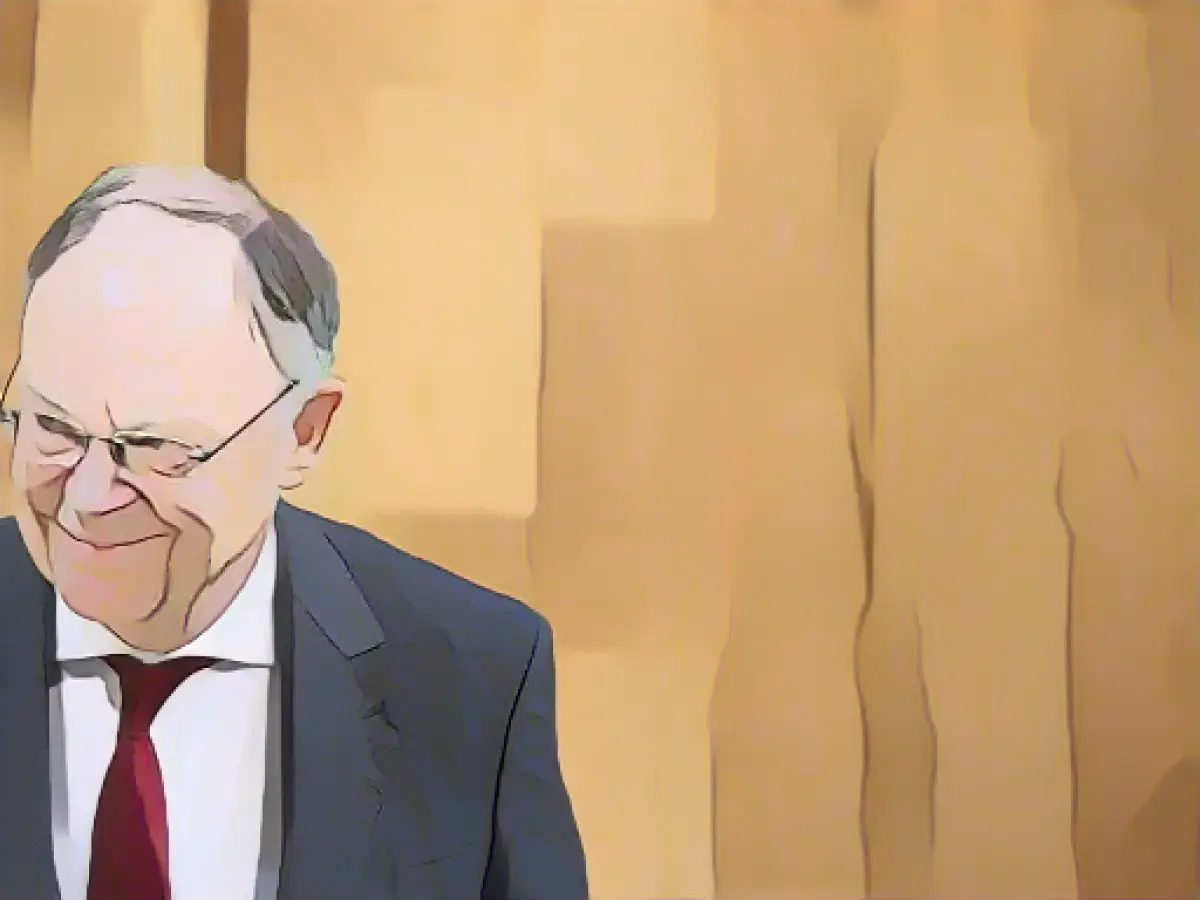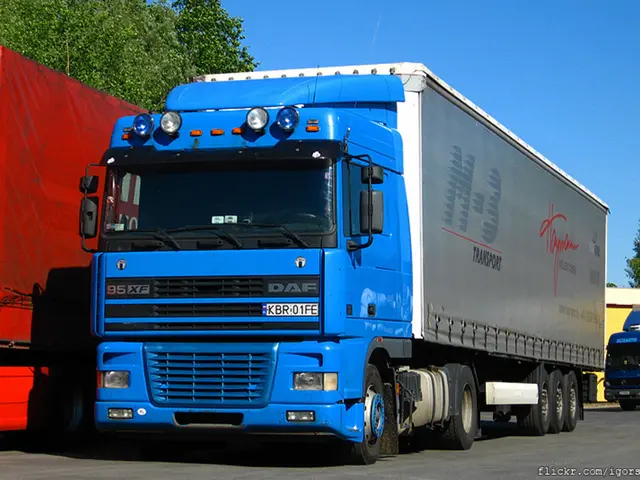Minister President Weil Calls for Debt Brake Revision for Climate Protection and Economic Growth
Lower Saxony's Minister President Stephan Weil believes the debt brake needs a revamp. In an NDR radio interview on Friday, he stated, "We need reform, we need to talk." The SPD politician highlighted the pressing need for a debt-capable state to tackle climate change and maintain economic growth. He pointed out that the debt brake, as it stands, is not adequate for this purpose.
The Federal Constitutional Court's verdict invalidating the 60 billion euro reallocation for a climate and transformation fund sparked controversy. The traffic light coalition then announced they would suspend the debt brake in 2023 for federal budget climate and transformation funding.
Weil clarified that Karlsruhe's decision would not affect Lower Saxony directly. However, any interruptions in federal payments could indirectly impact the state's finances. Weil advocated for the federal government to suspend the debt brake in 2024, if there's a solid legal justification. He also emphasized the need for a comprehensive debt brake reform.
Economic Strength and Fiscal Flexibility
The debt brake has been criticized for its restrictive fiscal policy, limiting government investment in crucial areas like infrastructure, education, and research. A comprehensive reformation could address these concerns, allowing for more flexibility in public spending. Lowering the debt brake threshold, excluding investments from its limits, or establishing an investment fund are among the proposed solutions.
Climate Protection
The debt brake's inflexibility also challenges Germany's green transition efforts. Investment in renewable energy and green infrastructure is crucial to reduce energy costs and support industries' competitiveness. Potential reforms could accelerate these initiatives while maintaining fiscal responsibility.
State-Level Fiscal Policies
Since 2020, states like Lower Saxony have been obliged to adhere to debt brakes. This rule's rigidity exacerbates economic difficulties in states like Saxony-Anhalt, where some municipalities are grappling with poor budgetary situations. Any reform considering state-specific challenges could pave the way for more flexible fiscal policies.
Political Scenario
The upcoming 2025 federal election presents an opportunity to discuss fiscal austerity and potential debt brake reforms. Candidates like Friedrich Merz (CDU) have advocated for relaxing debt brake restrictions, particularly for defense spending or economic growth. The future coalition structure will significantly influence the debt brake's fate, potentially favoring reforms that align with the CDU/SPD or CDU/Greens coalition platforms.
In conclusion, the debate on debt brake reform in Germany centers around creating a balance between fiscal discipline and public investment in vital sectors like infrastructure, education, and renewable energy. The ensuing reforms will help address climate change while maintaining economic growth, especially at the state level where challenges prevail.








